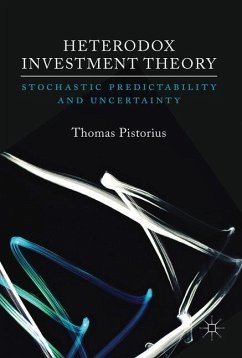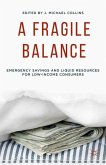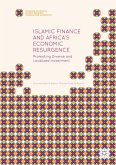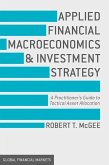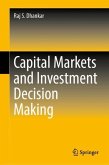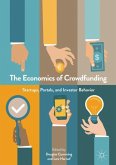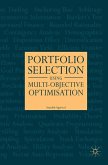This book combines the study of rhetoric, history, philosophy, philosophy of statistics and the culture of investing to discuss the foundations of stochastical predictability in investment theory. Besides discussing the problem of stochastical prediction, the book also covers alternative investment theories. Ideas from uncertainty economics, expressed by the likes of Keynes, Knight, von Mises, Taleb and McCloskey are also discussed. This book will be of interest to researchers and academics in the field of investment theory, as well as investment practitioners.
"Heterodox Investment Theory is a thought-provoking book ... . The book's greatest contribution is to encourage investment professionals to look beyond the standard investment models that are taught in business schools and the statistics underlying the theories and to consider alternative models that may enhance their understanding of financial markets. Those who are comfortable with the jargon of philosophy and rhetoric will likely find this an interesting book that opens up their minds to new modes of thinking." (Ronald L. Moy,Enterprising Investor, blogs.cfainstitute.org, June 21, 2019)

